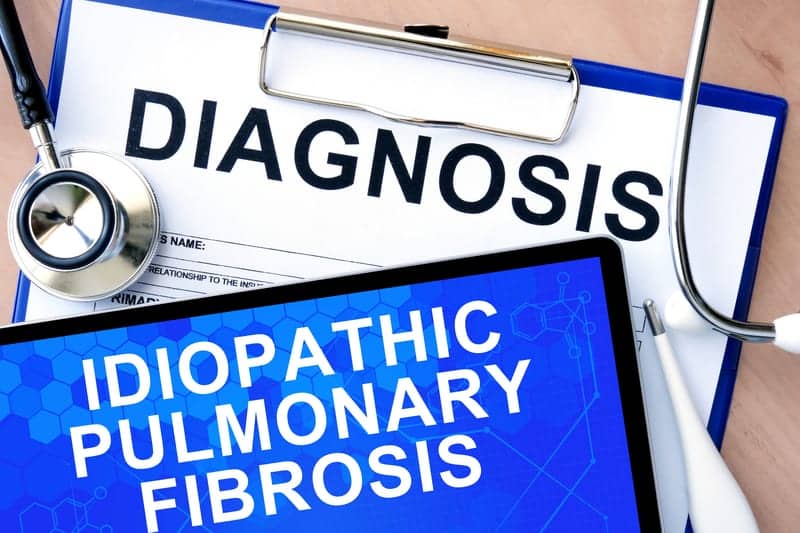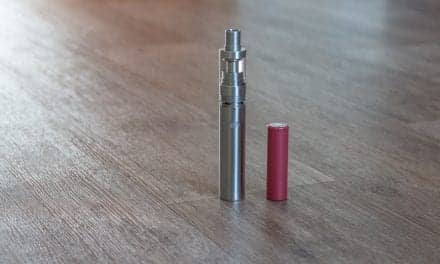Positive results from four clinical trials intended to evaluate the effectiveness of Esbriet for the treatment of idiopathic pulmonary fibrosis (IPF) were presented at the recent ERS International Congress.
Positive results from four analyses based on clinical trials developed by Roche to evaluate the effectiveness of Esbriet (pirfenidone), an oral antifibrotic medication approved by the U.S. Food and Drug Administration (FDA) for the treatment of idiopathic pulmonary fibrosis (IPF), were recently presented at this year’s European Respiratory Society (ERS) International Congress Sept. 3-7 in London.
Several authors analyzed the results obtained in the three Phase 3 trials: ASCEND (PIPF-016, 52 weeks, NCT01366209); CAPACITY (PIPF-004 and PIPF-006, 72 weeks, NCT00287716 and NCT00287729); and the RECAP trial (98 weeks; NCT00662038), an extension study that assessed the long-term safety of Esbriet in patients who had completed one of the previous trials. In these studies, IPF patients were given a daily dose of 2,403 mg of Esbriet or a matching dose of a placebo. Most patients received the established dose, but some patients did not respond well and were given a reduced Esbriet dose (see below).
The study, “Long-Term Safety Of Pirfenidone (PFD) In People With Idiopathic Pulmonary Fibrosis (IPF): Pooled Analysis Of 4 Clinical Trials,” was conducted by Paul Noble and his colleagues and evaluated the long-term safety of Esbriet in IPF patients.
In this analysis, researchers evaluated the safety outcomes from the first dose of Esbriet until 28 days after the last dose in 1,216 patients. The authors found that Esbriet treatment was interrupted in 45 percent of the patients due to adverse events related to the treatment, and that the most common side effects were IPF, skin irritation, and nausea, which was consistent with the known safety profile of the drug.










